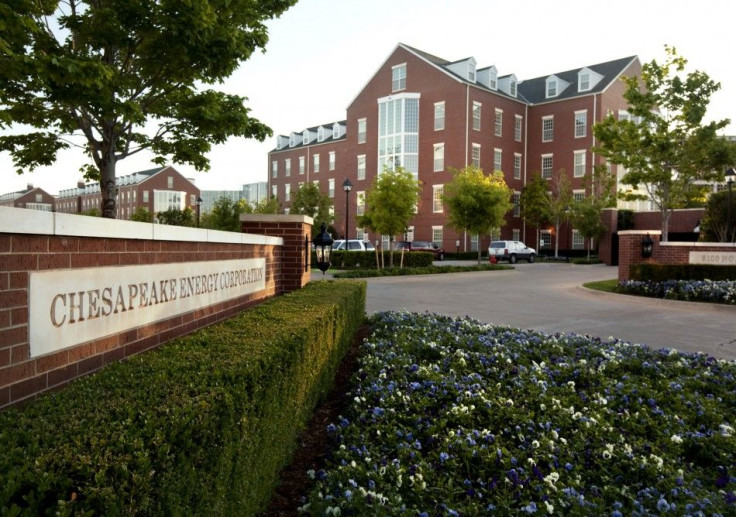Carl Icahn To Reveal 'Significant' Stake In Troubled Chesapeake Energy

Shareholder activist Carl Icahn is expected to disclose his acquisition of a significant piece of Oklahoma City-based natural gas company Chesapeake Energy Corp. (NYSE: CHK), which has seen shares tumble amid a federal inquiry, a securities class-action suit and near-record low natural gas prices. Both parties have yet to publicly confirm the deal.
We're certainly a value play, but we can't know for certain that [Icahn] has taken a significant stake, Chesapeake spokesman Michael Kehs told the Wall Street Journal on Sunday.
The nation's second-largest natural gas company is hobbled from selling key assets because of credit-line terms: if proven reserves fall below a certain level a debt call is automatically triggered.
On Friday, Chesapeake announced a $3 billion unsecured loan from Goldman Sachs Bank USA (NYSE: GS) and Jefferies Group Inc. (NYSE: JEF) to pay off lower-interest debt and free up its ability to sell assets to raise cash. The company said it plans to sell up to $11.5 billion in assets this year. This is the third time the company has borrowed to pay debt since last year, the Journal reported. With the new line of credit, the company's net debt stands at $15.6 billion.
Shares, which tumbled nearly 10 percent Friday afternoon after the loan was announced, surged more than 10 percent to $16.33 in Monday midday trading.
Icahn's investment, if confirmed, would provide a much-needed boost to the company's cash reserves. Icahn may be betting that a correction in natural gas prices is under way.
Chesapeake's stock price has taken a beating after spending much of 2011 above $30. Not helping is a recent controversy over CEO Aubrey McClendon's use of his stake in Chesapeake's Founders Well Program to secure over a billion dollars' worth of loans.
On Friday, New York-based Pomerantz Haudek Grossman & Gross LLP said it filed a securities class action in federal district court in Oklahoma City on behalf of shareholders who say McClendon's strategy has cost the company future revenue from wells used as collateral it will have to continue to pay to operate. The SEC announced it initiated an inquiry into the CEO's leveraging strategy earlier this month.
© Copyright IBTimes 2025. All rights reserved.






















